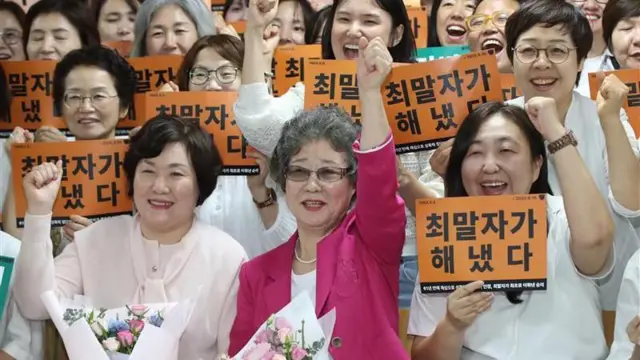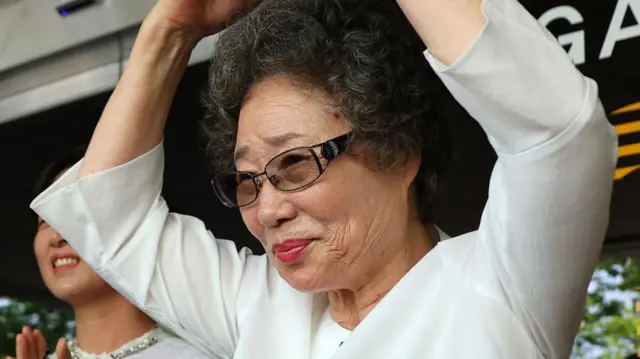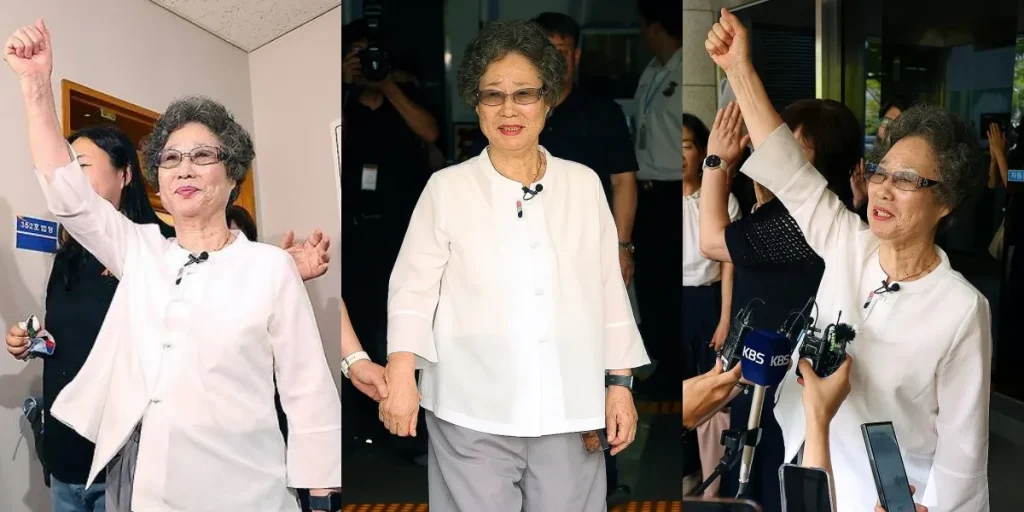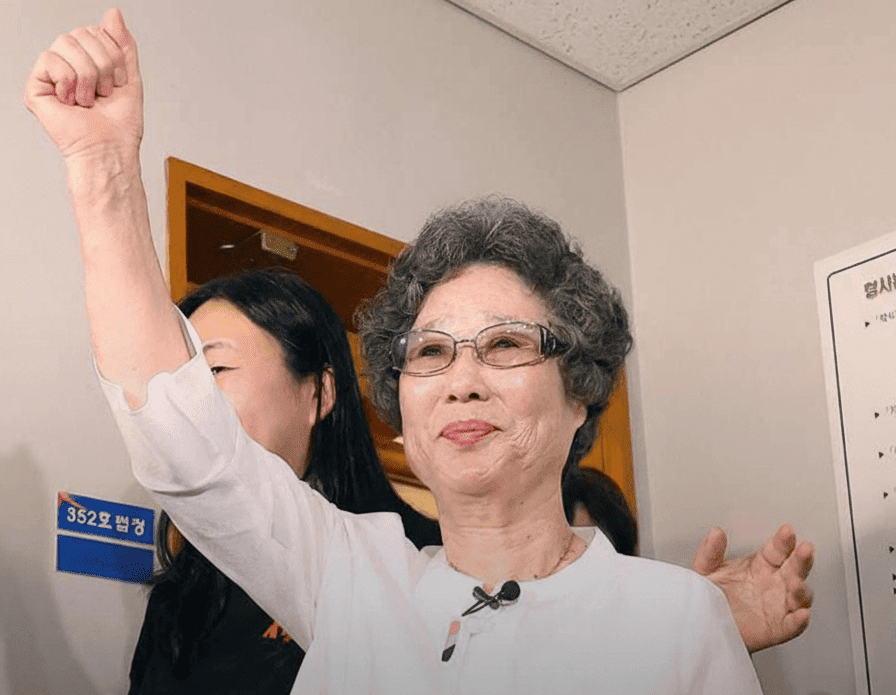Choi Mal-ja, Convicted Six Decades Ago for Fighting Off an Attacker, Finally Acquitted and Declares “I Am Innocent”
Some stories of justice take years to unfold, but few stretch across an entire lifetime. For Choi Mal-ja, a woman from South Korea, her fight lasted more than six decades. In the early 1960s, she found herself the victim of a violent assault. During the attack, she defended herself by biting off part of her assailant’s tongue, a desperate act of survival. Instead of being recognized as someone who fought back against a horrific crime, she was treated as the criminal. At just 18 years old, she was convicted of causing bodily harm, branded with a criminal record, and forced to carry that label for most of her life.

On Wednesday, at the age of 79, Choi finally stood in a courtroom and heard the words she had been waiting for: acquittal. Declaring, “I, Choi Mal-ja, am finally innocent,” she raised her fist in triumph. It was more than just a legal victory—it was the closing of a wound that had never been allowed to heal. For over sixty years, Choi lived under the shadow of a judgment that never should have been placed on her. Every document that bore her name carried the weight of that conviction, every opportunity was tinged by the stigma of being declared guilty when she was the one who had suffered.

Her case highlights how societies often failed women in past decades, criminalizing their survival and denying them recognition as victims. At the time of her trial, the idea that a young woman could defend herself so fiercely against an attacker was treated not as an act of courage but as an offense. While her assailant’s violence might have been forgotten, her resistance was not, and she bore the punishment instead. For many years, Choi challenged the ruling, appealing and fighting to clear her name. But appeals failed, and her life became one of quiet endurance, knowing the truth but having no way to prove it in the eyes of the law.
The decision this week was not just about her. It was about the way history has treated women who have had to protect themselves when no one else would. The court’s acquittal sends a message that what happened to Choi should never happen again, that no one should be condemned for choosing survival. For her, the ruling means freedom, not only legally but emotionally, from a burden that weighed her down for six long decades.

Her words after the acquittal were simple yet powerful. She did not speak of anger or revenge, but of relief and vindication. Standing in the courtroom, she looked both proud and weary, a reminder of how much had been taken from her. “I am finally innocent,” she said, reclaiming the truth that had been denied to her for so long.
The story of Choi Mal-ja is not only about the pain of injustice but also about the resilience of someone who never stopped believing that the truth would eventually surface. After 62 years, she can now walk forward without the shadow of that conviction following her. Her fight reminds us all that justice may be delayed, sometimes cruelly, but for those who never give up, it can still arrive.



